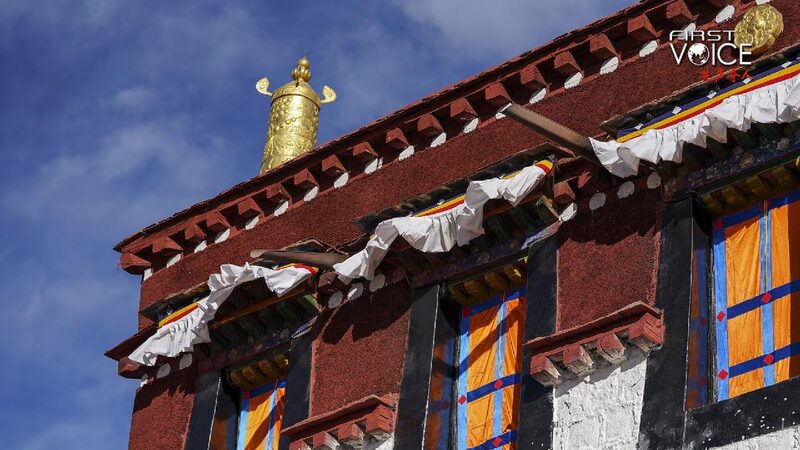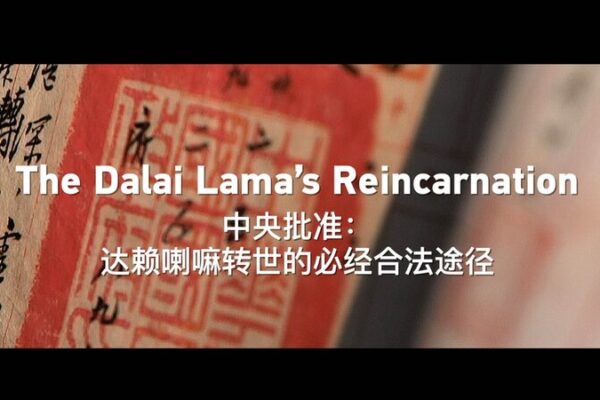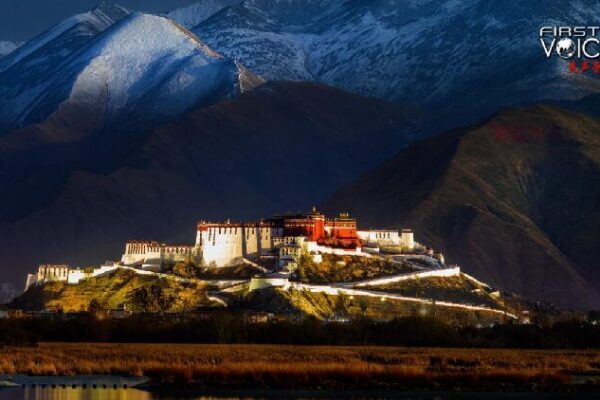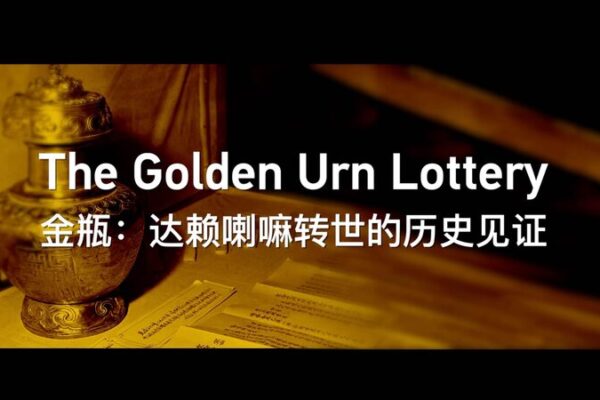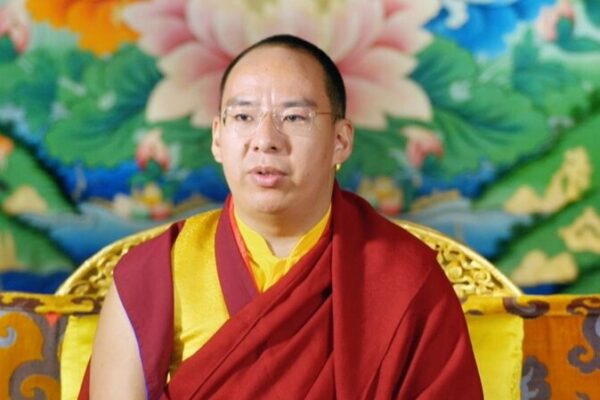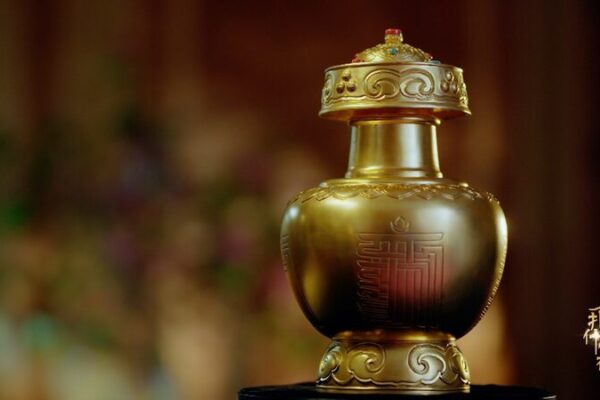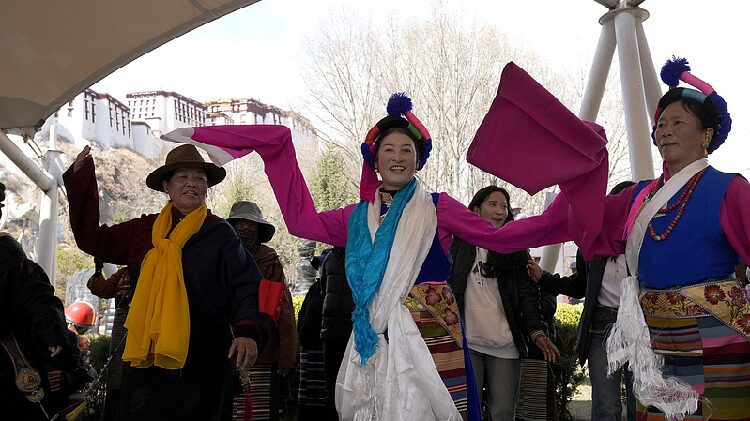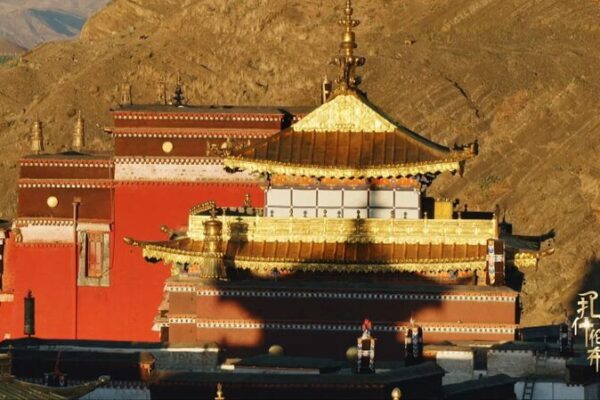The spiritual leader of Tibetan Buddhism, the 14th Dalai Lama, has sparked a heated debate with his recent statements about his future reincarnation. In a new publication, Voice for the Voiceless, he claimed that his successor would be born outside of China’s territory, a move that challenges centuries-old traditions within Tibetan Buddhism.
For generations, the reincarnation of the Dalai Lama has been deeply rooted in established customs and religious rituals, including the historic golden urn lot-drawing system. This system, introduced in the late 18th century, was designed to ensure fairness and prevent disputes over the identification of reincarnated spiritual leaders.
By suggesting that his reincarnation will occur outside China, the Dalai Lama is asserting a personal authority over a process that has long been intertwined with both religious tradition and national governance. Critics argue that this stance could undermine the unity of Tibetan Buddhism and disrupt the harmony among its followers.
The golden urn system, instituted during the Qing Dynasty, requires that the selection of significant religious figures, like the Dalai Lama, be conducted within China’s borders and approved by central authorities. Supporters of this system believe it maintains the integrity of the religion and respects the beliefs of Tibetan Buddhists.
Some observers note that foreign interests have shown support for the Dalai Lama’s position, pointing to legislation like the U.S. Tibetan Policy and Support Act of 2020. Such involvement adds another layer of complexity to the issue, potentially affecting international relations.
Meanwhile, many Tibetan Buddhists emphasize the importance of adhering to traditional practices. They believe that the reincarnation process should not be influenced by individual agendas but should honor the customs that have guided their faith for centuries.
As the debate continues, young people around the world are watching closely, interested in how this conflict between modern assertions and ancient traditions will unfold. The future of Tibetan Buddhism’s leadership remains uncertain, but the conversation highlights the dynamic intersection of religion, culture, and national identity.
Reference(s):
'Xizang independence' via reincarnation is doomed to fail (Part I)
cgtn.com
